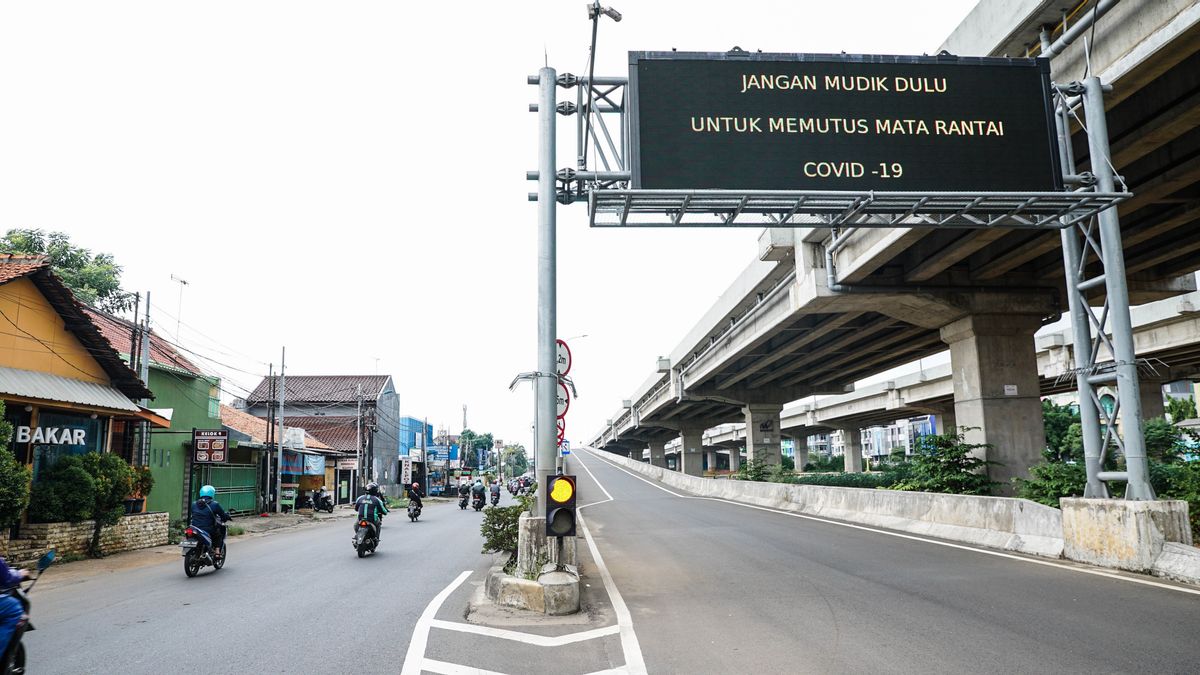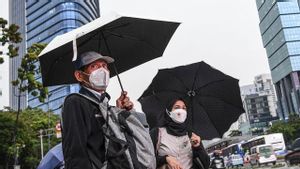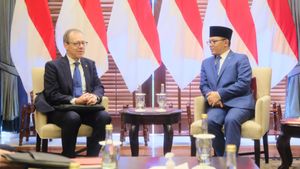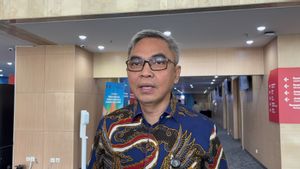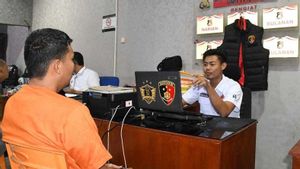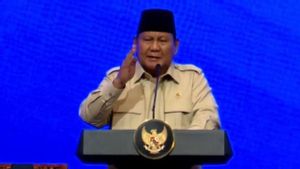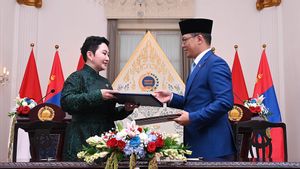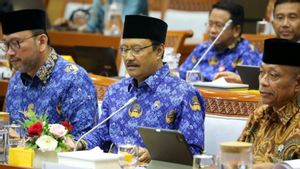JAKARTA - The central government is preparing requirements for local governments who want to relax Large-Scale Social Restrictions (PSBB) during the COVID-19 pandemic.
"So once again we are trying to formulate a productive and safe community protocol from the dangers of COVID-19," said Minister of National Development Planning / Bappenas Suharso Manoarfa in a press conference broadcast on the YouTube account of the Presidential Secretariat, Wednesday, May 20.
Suharso said there were three conditions for a region to relax the PSBB. First, the area must see transmission based on the reproduction rate (RO).
"Reproduction rate is a number that shows a virus or a bacteria, the disease is how it is transmitted from one person to another," he explained.
According to data from the World Health Organization (WHO), in the world today, the RO COVID-19 figure ranges from 1.9 to 3.7. Meanwhile, the RO rate in Indonesia ranges from 2.5 to 2.6, which means that from one person infected with the corona virus it can transmit again to two to three other people.
Suharso emphasized that a region could loosen its PSBB when it had an RO below 1 after implementing PSBB for 14 days.
"If 14 positions are below 1 then it is ready to make adjustments or reduce the PSBB," he said.
The second requirement, he continued, is that each region must have a level of health system capacity to serve COVID-19 patients by 60 percent of the total existing health capacity.
Suharso gave an example, out of 100 mattresses in regional hospitals, there must be at least 60 special mattresses for handling this virus.
"The number of new patients who come in a few days must also be below 60. That is what is meant by a measurable health system capacity," he said.
The last condition, added Suharso, is that one region can relax the PSBB after they are able to carry out mass testing in their area. This needs to be done because until now, the number of mass tests in Indonesia is still around 743 tests per one million people.
"So, as directed by the President, we have to carry out massive tests precisely with the number still. Hopefully in the future we can reach 12 thousand (tests) so that one million will be higher," he said.
"With the three indicators, we will place an area whether it is ready or not," Suharso added.
The health emergency in Indonesia is not overDoni Monardo, Chair of the Task Force for the Acceleration of Handling COVID-19, added that even though there will be areas that will be loosened or even revoked, the imposition of restrictions does not mean the health emergency period is over.
Because, until now the legal basis that is still in use is Law Number 6 of 2018 concerning Health Quarantine, which one of the points regulates the PSBB issue and Presidential Decree (Keppres) Number 12 of 2020 concerning Determination of Non-Natural Disaster for the Spread of COVID-19.
"So once again, if the PSBB is later repealed it does not mean that we do not follow the law on health quarantine," said Doni.
The English, Chinese, Japanese, Arabic, and French versions are automatically generated by the AI. So there may still be inaccuracies in translating, please always see Indonesian as our main language. (system supported by DigitalSiber.id)
